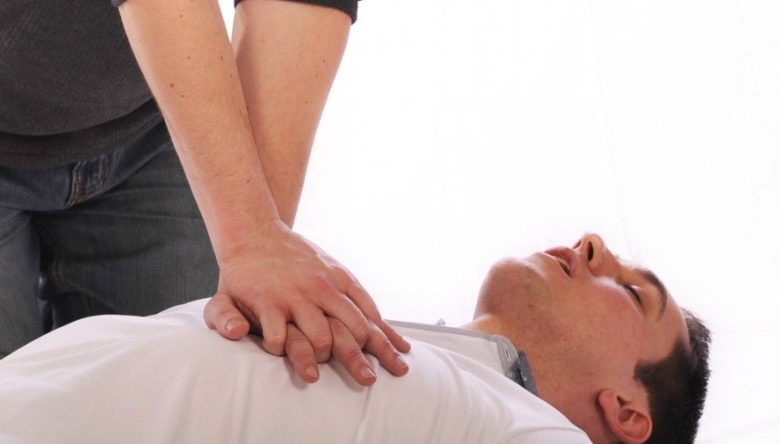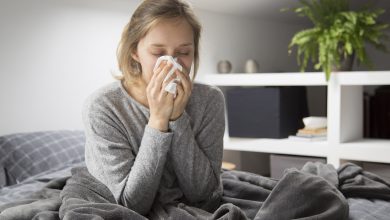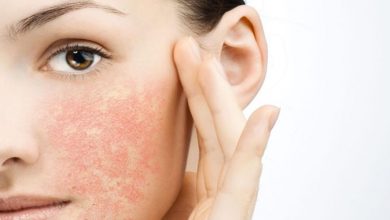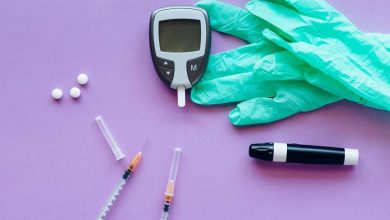Emergency Health Techniques: Quick Tips for Responding to Sudden Situations

In life, unexpected situations can arise that require immediate attention and care. Whether you’re faced with a minor injury or a more serious medical incident, having basic emergency health techniques at your disposal can make a significant difference. In this article, we will explore essential tips for responding effectively to sudden health emergencies.
1. Assess the Situation: Stay Calm and Observe
- In any emergency, maintaining composure is crucial. Assess the situation to determine the severity of the issue and whether medical assistance is required.
2. Call for Help: Activate Emergency Services
- If the situation is serious, call emergency services (e.g., 911) for professional medical assistance.
3. Basic First Aid: Immediate Steps to Take
- Learn basic first aid techniques, such as controlling bleeding, applying pressure to wounds, and administering CPR if necessary.
4. Choking: The Heimlich Maneuver
- If someone is choking, perform the Heimlich maneuver to dislodge the obstruction from their airway.
5. Cardiopulmonary Resuscitation (CPR):
- CPR can be life-saving in cardiac arrest situations. Learn the correct technique and perform chest compressions and rescue breaths.
6. Recovery Position: Unconscious Individuals
- If someone is unconscious but breathing, place them in the recovery position to maintain an open airway.
7. Stop Bleeding: Direct Pressure and Elevation
- Apply direct pressure to a bleeding wound using a clean cloth or bandage. Elevate the injured area to reduce blood flow.
8. Burns: Cool Water and Covering
- For minor burns, cool the affected area with running water and cover it with a sterile bandage or clean cloth.
9. Seizures: Create a Safe Space
- If someone is having a seizure, move objects away from them and place them on their side to prevent choking.
10. Allergic Reactions: Epinephrine Auto-Injector – If someone is experiencing a severe allergic reaction, administer an epinephrine auto-injector if available and seek medical help.
11. Hypothermia: Warmth and Shelter – In cases of hypothermia, provide warmth by wrapping the person in blankets and sheltering them from cold and wind.
12. Heat Exhaustion: Hydration and Cooling Measures – Offer water, move the person to a cooler place, and use cool compresses to help alleviate heat exhaustion.
13. Anaphylaxis: Recognize Symptoms – Be able to recognize the signs of anaphylaxis, such as difficulty breathing, swelling, and rash, and seek immediate medical attention.
14. Stroke: Act FAST – Remember the FAST acronym (Face, Arms, Speech, Time) to identify stroke symptoms and seek medical help promptly.
15. Continuous Learning: First Aid Training – Regularly update your knowledge of emergency health techniques through first aid courses and training.
Having a basic understanding of emergency health techniques empowers you to respond effectively in sudden situations. Whether it’s performing CPR, addressing burns, or recognizing the signs of a stroke, your knowledge and quick actions can make a significant impact on the outcome. Remember, staying calm, seeking professional medical assistance when needed, and continuously updating your skills through training are all essential components of being prepared to handle unexpected health emergencies.
Unveiling the Intricacies of the Human Body: Essential Knowledge for Health and Well-Being
The human body is a marvel of complexity, an intricate masterpiece of systems and functions that work in harmony to sustain life. Understanding the fundamentals of our body’s structure and functions is not only fascinating but also essential for maintaining good health and well-being. In this article, we will delve into key aspects of the human body that everyone should be aware of.
1. Anatomy: The Building Blocks of the Body
- Learn about the major organs, tissues, and systems that constitute the human body, from the skeletal system to the circulatory system.
2. Respiratory System: Breathing and Oxygen Exchange
- Understand how the lungs and respiratory system work to supply oxygen to the body and remove carbon dioxide.
3. Cardiovascular System: The Heart’s Vital Role
- Explore the functions of the heart and blood vessels in circulating blood and delivering nutrients and oxygen to cells.
4. Digestive System: Nutrient Absorption and Waste Removal
- Discover how the digestive system processes food, extracts nutrients, and eliminates waste products.
5. Nervous System: Control Center and Communication Network
- Learn about the brain, spinal cord, and peripheral nerves that facilitate communication and control throughout the body.
6. Immune System: Defense Against Invaders
- Explore the immune system’s role in protecting the body from infections and diseases.
7. Endocrine System: Hormones and Regulation
- Understand the endocrine glands that produce hormones and regulate various bodily functions.
8. Muscular System: Movement and Strength
- Discover how muscles work in tandem with bones to facilitate movement and provide strength.
9. Skeletal System: Framework of Support
- Learn about the bones and their functions, from providing structure to housing bone marrow.
10. Reproductive System: Life Continuation – Explore the reproductive organs and their role in reproduction and the continuation of the human species.
11. Skin and Integumentary System: Protection and Sensation – Understand the skin’s functions in protecting the body, regulating temperature, and providing sensory input.
12. Hydration: Water’s Vital Role – Learn the importance of staying hydrated and how water supports various bodily functions.
13. Nutrition: Fueling the Body – Gain insights into the essential nutrients, vitamins, and minerals needed for optimal health.
14. Exercise and Movement: Physical Fitness – Explore the benefits of regular exercise, from improving cardiovascular health to enhancing mental well-being.
15. Mental Health: Mind-Body Connection – Understand the importance of mental health and its impact on overall well-being.
Understanding the intricacies of the human body empowers us to make informed choices for our health and well-being. From the way we breathe to the nutrients we consume, every aspect of our body plays a role in our overall functioning. By embracing this knowledge, we can take proactive steps to care for our bodies, nurture our well-being, and lead fulfilling lives that honor the remarkable vessel that carries us through each day.
















